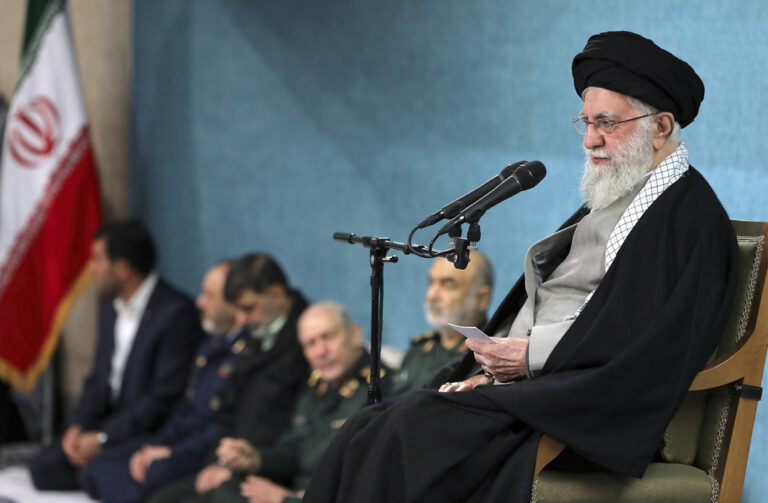The top U.S. intelligence official denounced the disclosure of highly secret documents Thursday and sought to set the record straight about how the government collects intelligence about people’s telephone and Internet use. He said he was declassifying some aspects of the monitoring to help Americans understand it better.
Director of National Intelligence James Clapper called the disclosure of an Internet surveillance program “reprehensible” and said it risks Americans’ security. He said a leak that revealed a program to collect phone records would affect how America’s enemies behave and make it harder to understand their intentions.
“The unauthorized disclosure of a top secret U.S. court document threatens potentially long-lasting and irreversible harm to our ability to identify and respond to the many threats facing our nation,” Clapper said in an unusual late-night statement.
At the same time, he moved to correct misunderstandings about both programs, taking the rare step of declassifying some details about the authority used in the phone records program and alleging that articles about the Internet program “contain numerous inaccuracies.” He did not specify what those inaccuracies might be.
At issue is a court order, first disclosed Wednesday by The Guardian newspaper in Britain, that requires the communications company Verizon to turn over on an “ongoing, daily basis” the records of its customers’ calls. Separately, The Washington Post and The Guardian reported Thursday the existence of another program used by the NSA and FBI that scours the nation’s main Internet companies, extracting audio, video, emails and other information.
Clapper said the Internet program, known as PRISM, can’t be used to intentionally target any Americans or anyone in the U.S. He said a special court, Congress and the executive branch all oversee the program and that extensive procedures make sure the acquisition, retention and dissemination of data accidentally collected about Americans is kept to a minimum.
He added that Congress recently reauthorized the section of the Foreign Intelligence Surveillance Act that authorizes such a program.
“Information collected under this program is among the most important and valuable foreign intelligence information we collect, and is used to protect our nation from a wide variety of threats,” Clapper said.
Clapper acknowledged the risks inherent in publicly discussing details about the phone records program but said he wanted to correct the “misleading impression” created by the article that disclosed its existence. “I believe it is important for the American people to understand the limits of this targeted counterterrorism program and the principles that govern its use.”
To that end, Clapper said he was immediately declassifying and releasing to the public certain details about the FISA provision that governs the program.
A special panel known as the FISA Court authorizes the phone records program and reviews it about every 90 days, Clapper said, adding that the Justice Department oversees information acquired under the court order and that members of Congress have been fully and repeatedly briefed. He said only a small fraction of the records collected ever get examined because most are unrelated to any inquiries into terrorism activities.
The NSA collects the phone data in broad swaths, Clapper said, because collecting it a narrow fashion would make it harder to identify terrorism-related communications. He said the information collected lets the government, over time, make connections about terrorist activities. He said the program doesn’t let the U.S. listen to people’s calls, but only includes information like call length and telephone numbers dialed.
The court also prohibits the government from indiscriminately rummaging through the phone data, which he said can only be queried when there are specific facts to back up a reasonable suspicion of an association with a foreign terrorist group. He says officials allowed to access the records must be specially cleared and are trained in the court-approved procedures.
Clapper also cited the USA Patriot Act and noted both the Obama and Bush administrations had reauthorized the provision used to grant authority to the program. That provision deals with the ability to compel an entity to hand over business records.
(AP)










